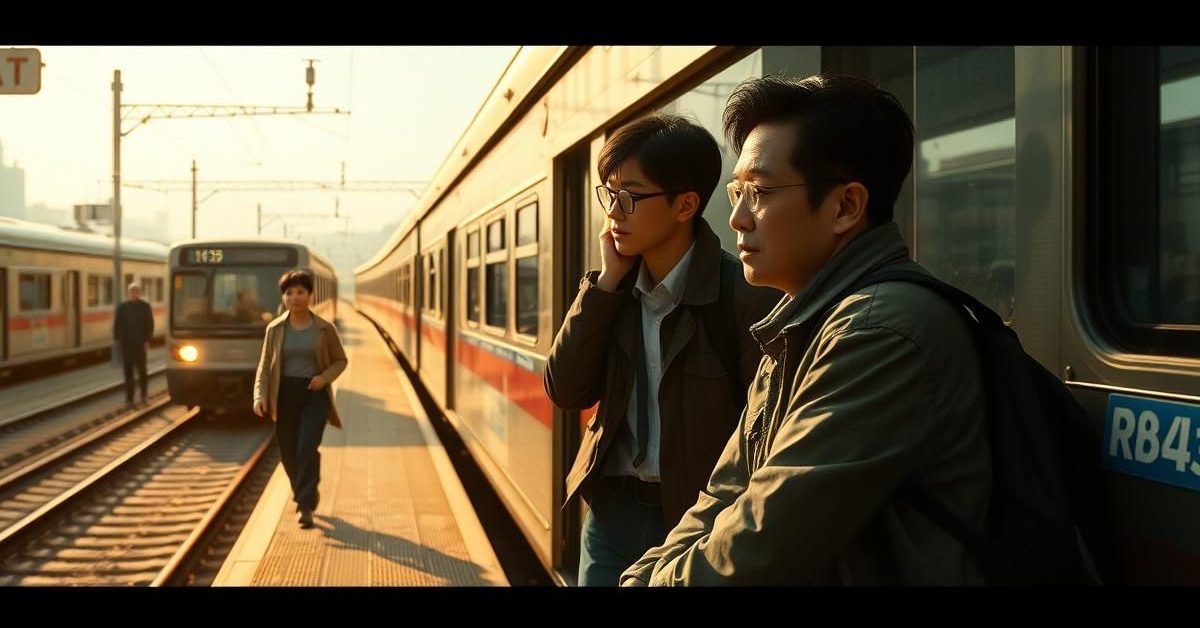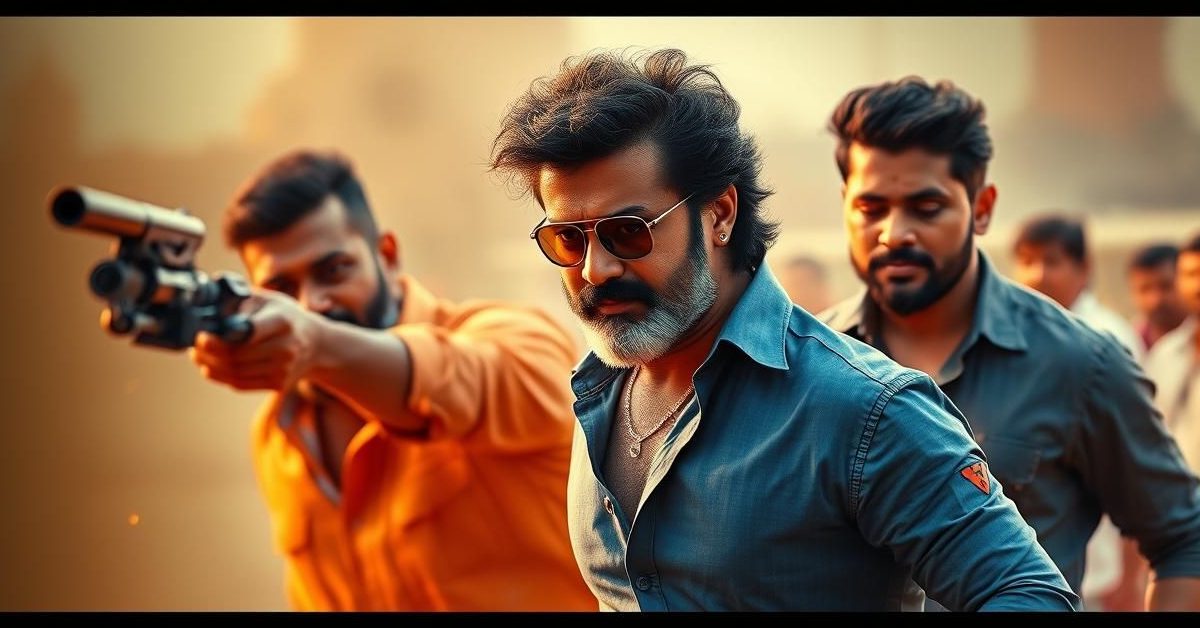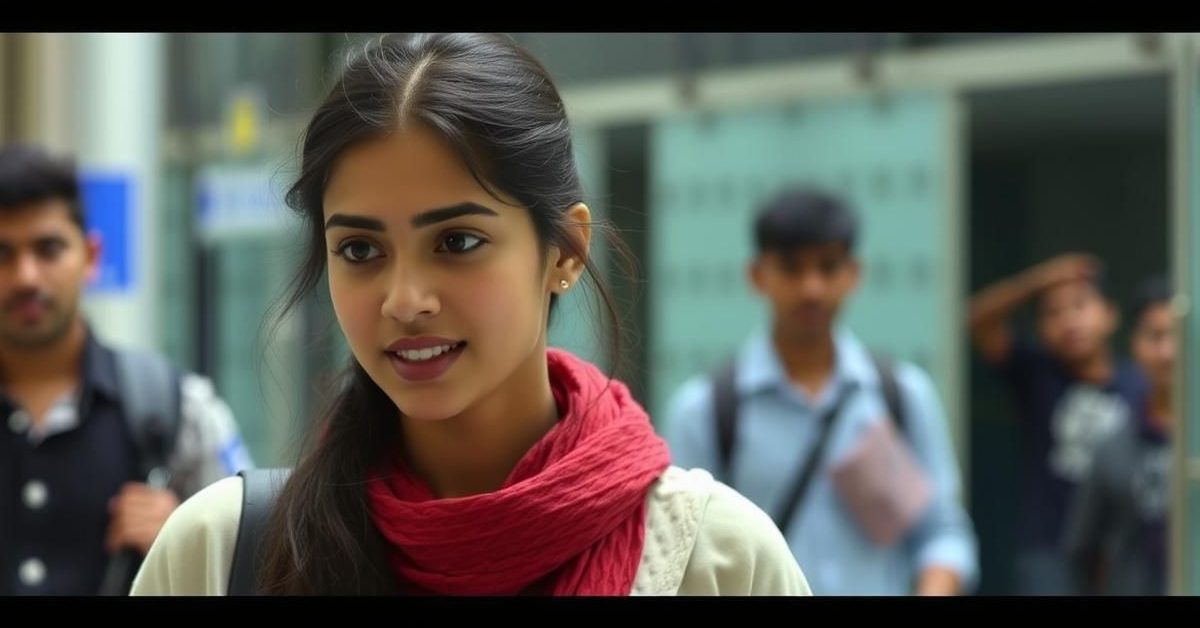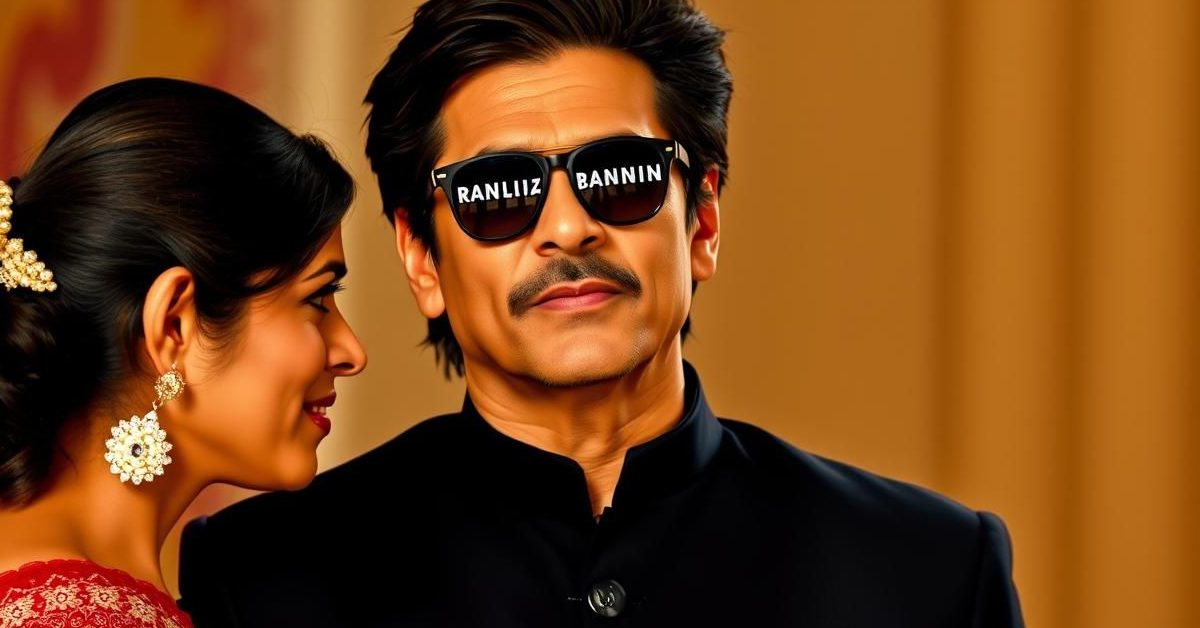Almost a decade after its release, the action-horror film “Train to Busan” continues to resonate, revealing deeper layers about society, human nature, and family that become clearer with an adult perspective.
More Than Just Zombies
When “Train to Busan,” directed by Yeon Sang-ho, first hit screens, it dramatically shifted the global view of Korean entertainment. While it introduced many to the concept of zombies, the film masterfully used the undead as a catalyst.
It peeled back the layers of polite society, exposing the raw realities of class, privilege, and the challenges faced by modern families. With time, it becomes clear that the zombies were never the true monsters; instead, they mirrored the societal ills we grapple with daily.
The Cost of Individualism
A Reflection of Modern Life
At the heart of the film lies the tension between individualism and collectivism. The protagonist, Seok-woo, embodies extreme individualism. His sole focus is career advancement and his daughter’s financial security, often at the expense of human connection.
This character reflects the intense, competitive work culture prevalent in South Korea, where personal ambition can overshadow family ties. The initial emotional distance between Seok-woo and his daughter serves as a poignant reminder of how easily we can become consumed by our own pursuits, sometimes realizing the cost too late.
Unmasking Class and Privilege
When Survival Reveals True Colors
“Train to Busan” delivers powerful critiques of social hierarchies. Characters like Yong-suk, representing the privileged elite, illustrate the destructive belief that status alone guarantees safety.
He is willing to sacrifice others he deems beneath him, manipulating fear to turn “safe” passengers against the vulnerable. This chilling portrayal highlights how easily class divides intensify and prejudice takes hold when survival is on the line.
Government and Misinformation
The Erosion of Trust
The film also touches on the breakdown of trust in authority. Early news reports downplay the severity of the outbreak, even as chaos ensues. The overwhelmed military, eventually succumbing to the virus, symbolizes a public’s blind faith in leadership that ultimately fails.
In a world increasingly shaped by pandemics, social unrest, and political polarization, the film’s depiction of a government that misleads and leaves its citizens to fend for themselves resonates deeply, making its message even more potent years later.
The Enduring Power of Parental Love
A Heartbreaking Realization
Despite its horror elements, “Train to Busan” is fundamentally a story about a parent’s love and ultimate sacrifice. For many, rewatching the film as an adult brings a new wave of emotion, especially regarding Seok-woo’s journey.
His transformation from an emotionally detached father to one willing to give everything for his child’s survival is incredibly moving. The final scenes, particularly Su-an’s song, once incomplete due to her father’s absence, now sung out of necessity for survival, underscore the profound depth of a parent’s bond and the harsh realities children can face.
- “Train to Busan” uses a zombie apocalypse to explore themes of individualism, classism, and government failure.
- The film criticizes South Korea’s intense work culture and the societal cost of extreme self-focus.
- It highlights how privilege can lead to destructive behavior during a crisis.
- The narrative showcases the erosion of public trust in misleading authorities.
- At its core, the movie is a powerful and emotional testament to unconditional parental love and sacrifice.
This rewatch experience transforms “Train to Busan” from a thrilling horror film into a profound commentary on human nature and the societal structures that shape us.















